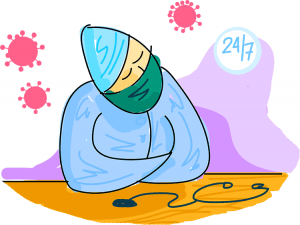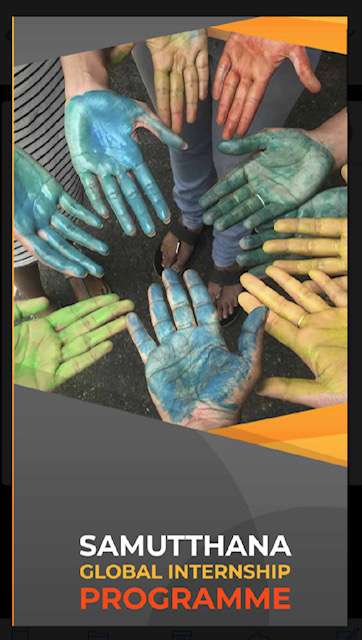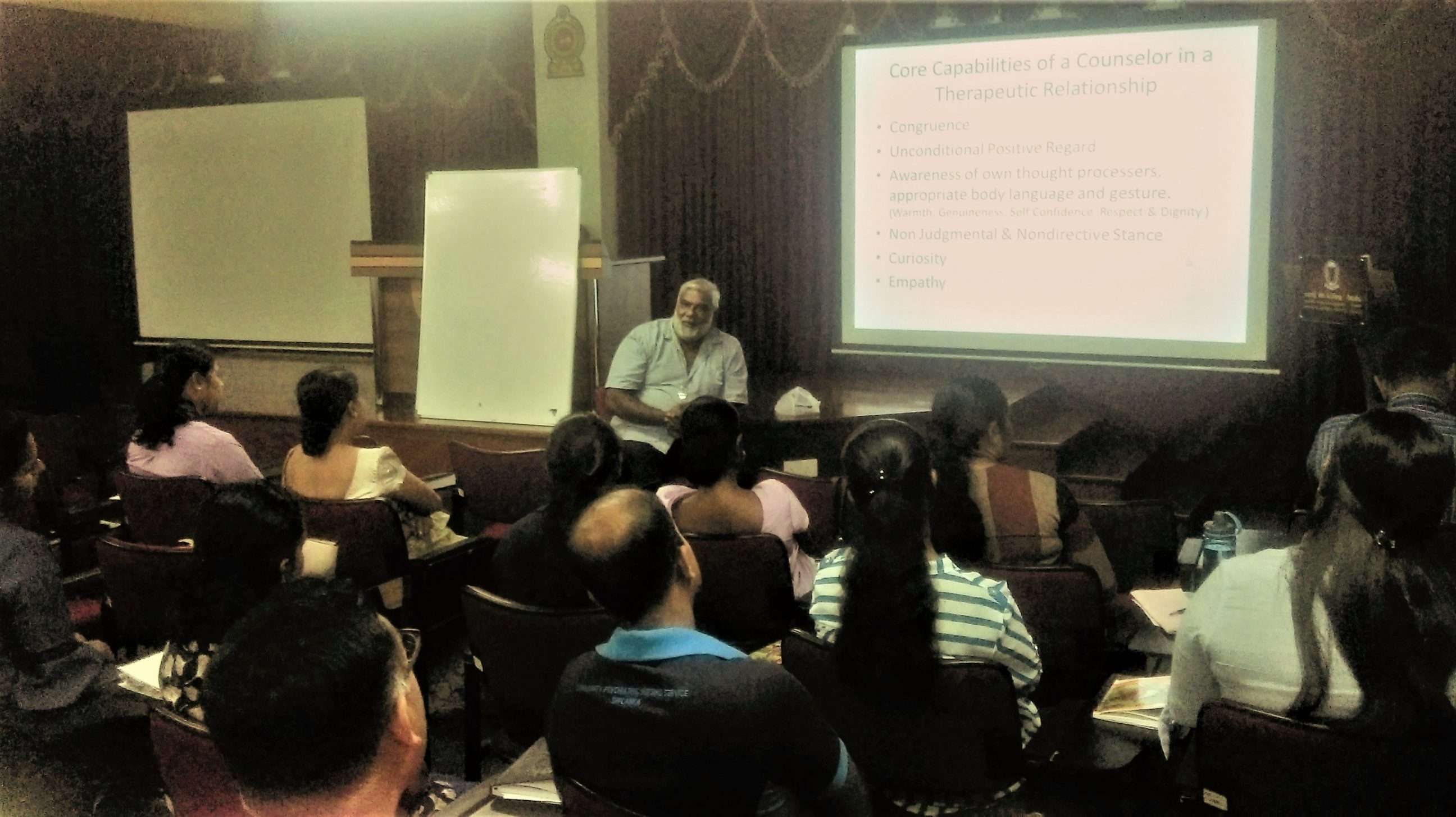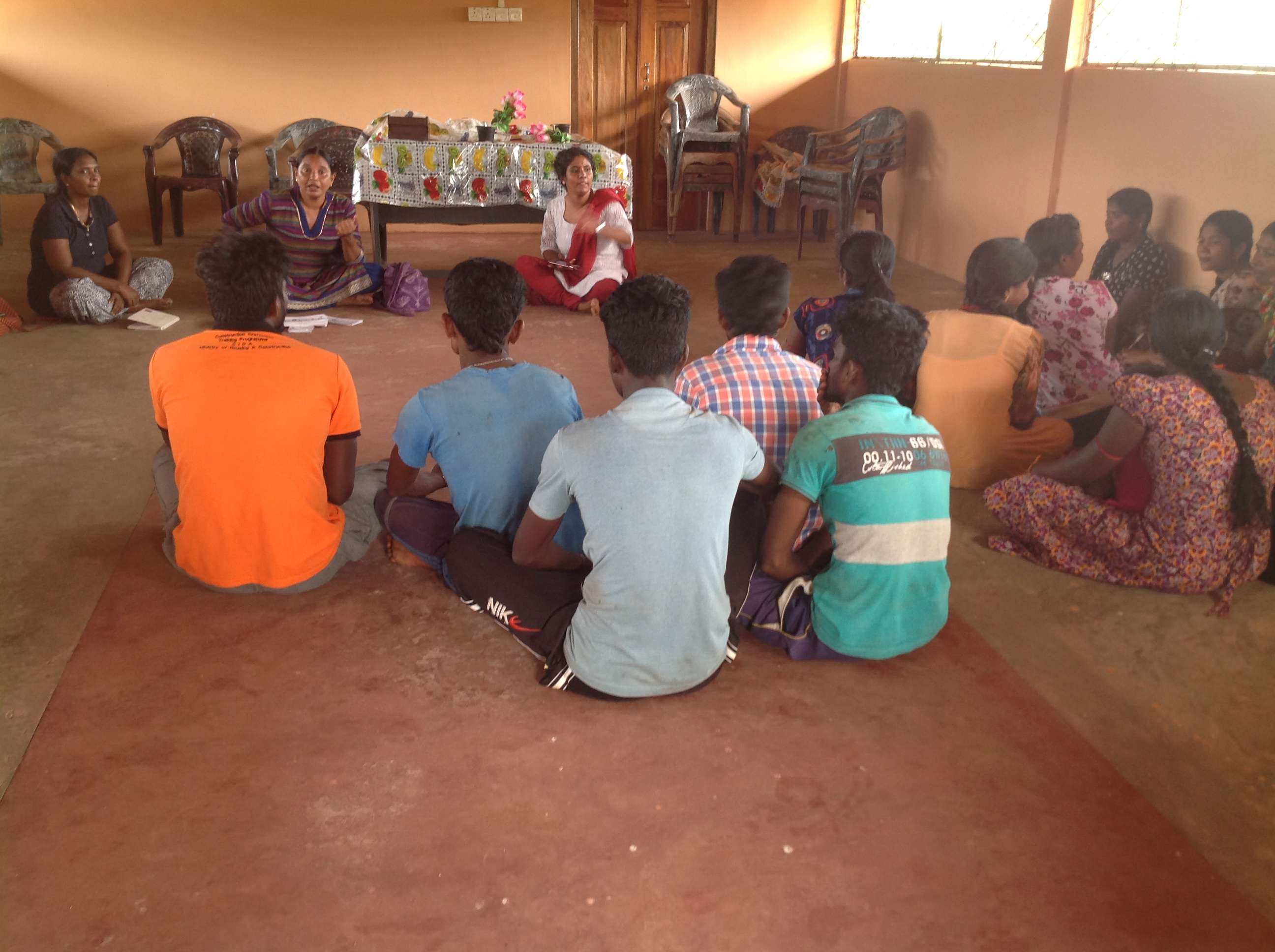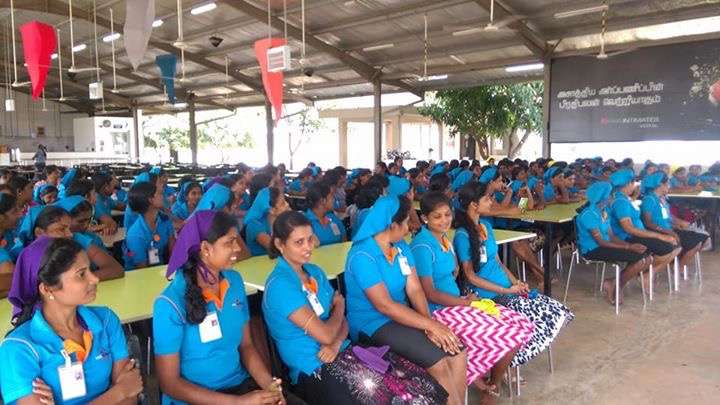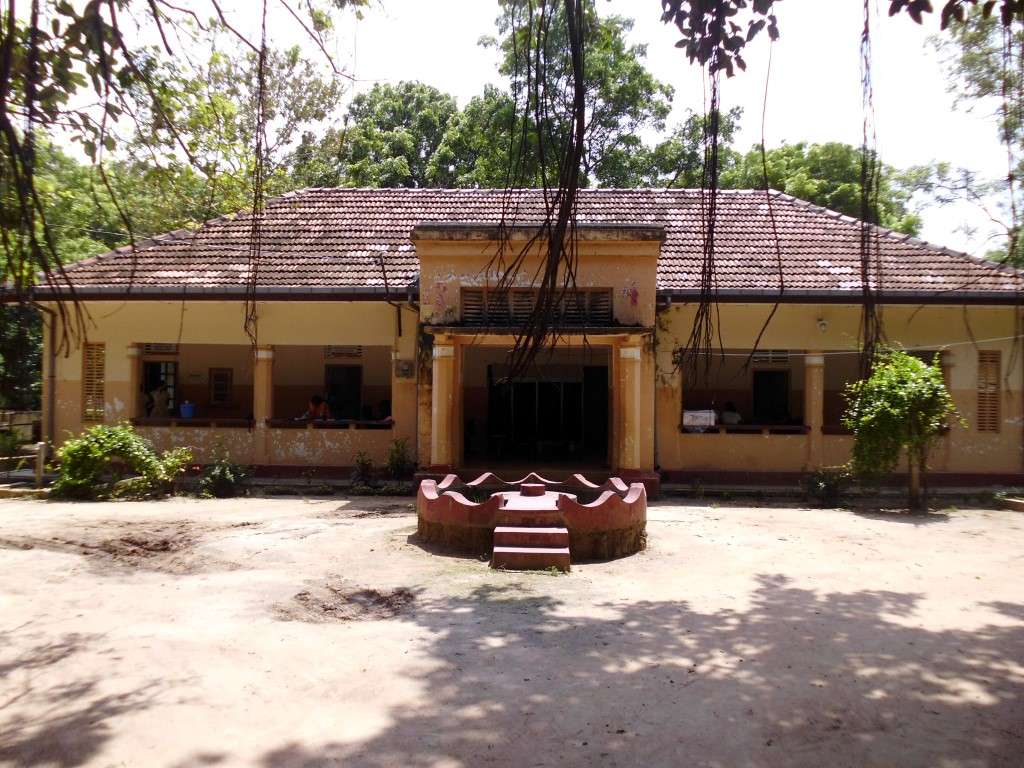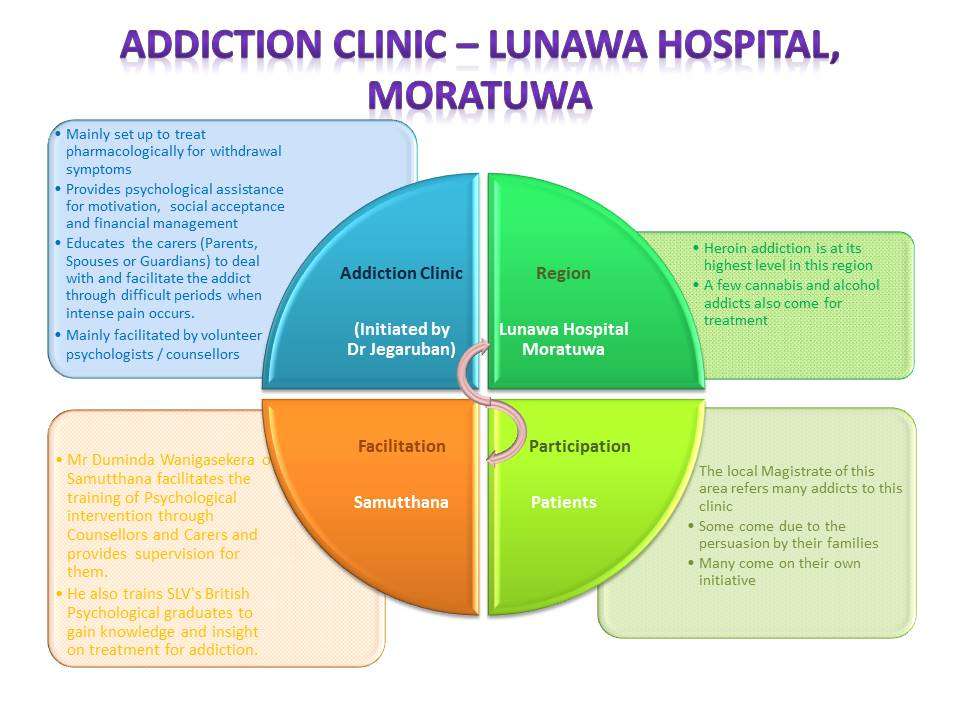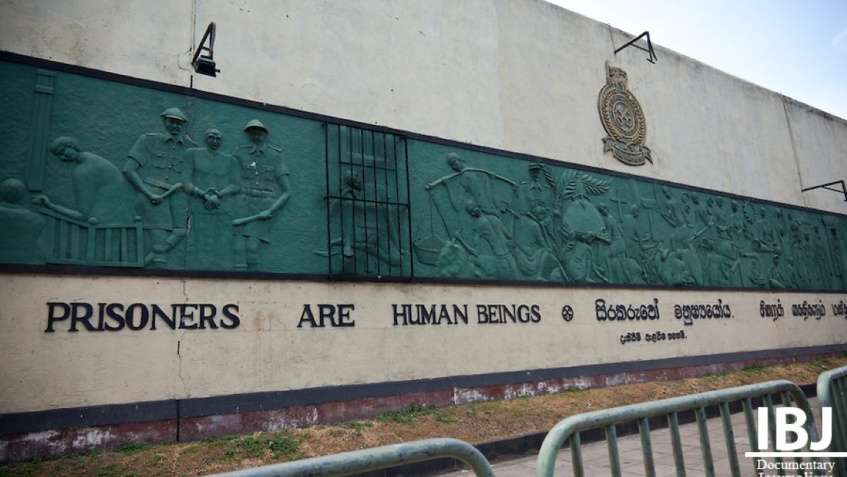6 years ago · admin · Comments Off on Helping front-line workers cope with stress during COVID-19: actions for peers
Helping front-line workers cope with stress during COVID-19: actions for peers

As a peer, there are multiple ways you can support your colleagues cope with stress, and stay mentally healthy or manage their mental health conditions at work. This is especially important during the COVID-19 pandemic, which has placed front-line workers under immense and unprecedented pressures, and put their physical, mental and social well-being at risk.
Peers are able to offer each other personal and professional support in unique ways, and this enables the collaborative problem-solving needed in such unprecedented emergency situations. Not only is supporting colleagues beneficial to the collective performance and relationships at work, but can also promote your own well-being and job satisfaction. Here are some actions you can take to support your peers cope with stress during this COVID-19 pandemic.
Actions peers can take to help front-line workers cope with stress during COVID-19
Be considerate
– Take a minute to consider what types of behaviours might be stressful or distracting to your colleagues who share your workspace and try to be as considerate as possible.
– Casually check-in with colleagues, and ask them to let you know if they would like you to make any changes to your office practices.
Offer support
– Reach out to a colleague if you notice that they are overwhelmed with their work, and ask them how you may be able to support during stressful periods by sharing your expertise or your time while also being mindful of your own well-being.
Strengthen social networks
– Put effort into building a friendly rapport with colleagues and cultivating a collaborative work environment for the team’s well-being.
– Make sure you offer your colleagues support, and consider doing simple actions such as having a coffee break or lunch together, or perhaps taking up a sport or a fun activity.
Participate and become a change agent
– Advocate for innovative ways to create a mentally healthy work environment such as organising an anti-stigma campaign or holding activities to raise awareness.
– Urge your employer to offer stress management education and mental health services.
Check-in and go the extra mile
– Find a moment to ask your colleague how they are doing in private. If they share with you their stress or problems, acknowledge them and listen to them attentively, empathetically and without judgement. If they would rather not talk, respect their privacy and let them know that you are available whenever they need.
– If they are receptive to support, encourage your colleague to think of something they can do to feel better like draw on the positive coping mechanisms they have practised in the past, or brainstorm practical steps they can take to help themselves.
Encourage awareness and help-seeking
– Help colleagues recognise the signs and symptoms of stress, burnout or other mental health conditions, and encourage them to seek support.
– Familiarise yourself with the available mental health services inside or outside your workplace, and offer to connect them.
– Remind your colleagues that seeking help is not a sign of weakness, and that caring for oneself is rather a sign of courage and resilience.
– When a colleague returns to work after time off for their mental health, do your best to behave sensitively yet normally. Reassurance, support and respect from colleagues will help the person rebuild self-esteem and reintegrate in the workplace environment.
Volunteer
– Consider becoming a worker representative, well-being champion or peer supporter. Search for training programmes, and ask your organisation if they may be willing to support you.
– Join, if your workplace has a peer support group. This may be an especially powerful tool if you are someone with lived experience of a mental health condition.
Have zero tolerance for bullying or harassment
– If you witness a colleague being bullied or harassed at work, make sure to acknowledge the act, show your support and encourage them to take the action they find most convenient to them.
– Advocate for and participate in awareness-raising campaigns aimed at fostering safe, healthy and harmonious workplaces free from violence and harassment.
Deal with suicide
– If your colleague indicates that they are about to intentionally harm themselves or commit suicide, remove access to means and do not leave them alone. Seek immediate support from health services.
– If you learn that a colleague has attempted suicide, the best approach is to offer kind non-judgemental support and a listening ear if they wish to use it. If appropriate, you can encourage them to reach out to health or counselling services, and offer to call or go there together.
Note: This article was shared by World Health Organisation (WHO). The original link is attached below.

